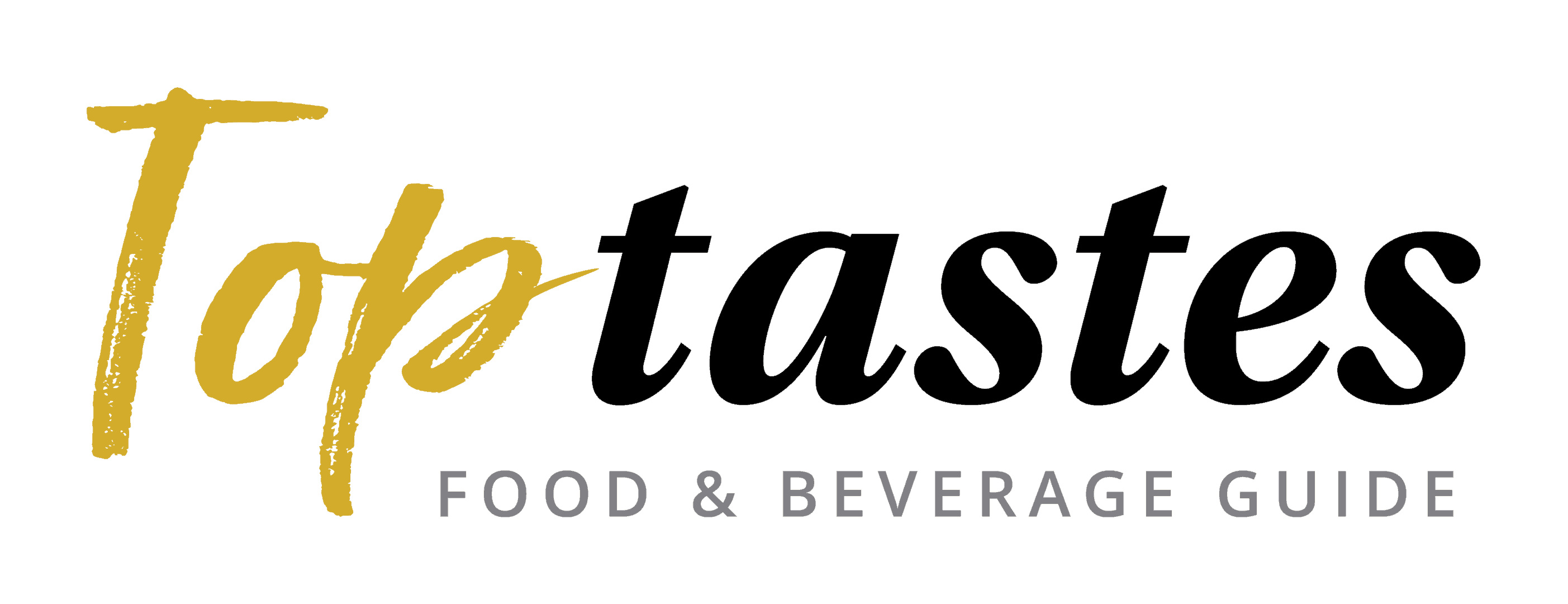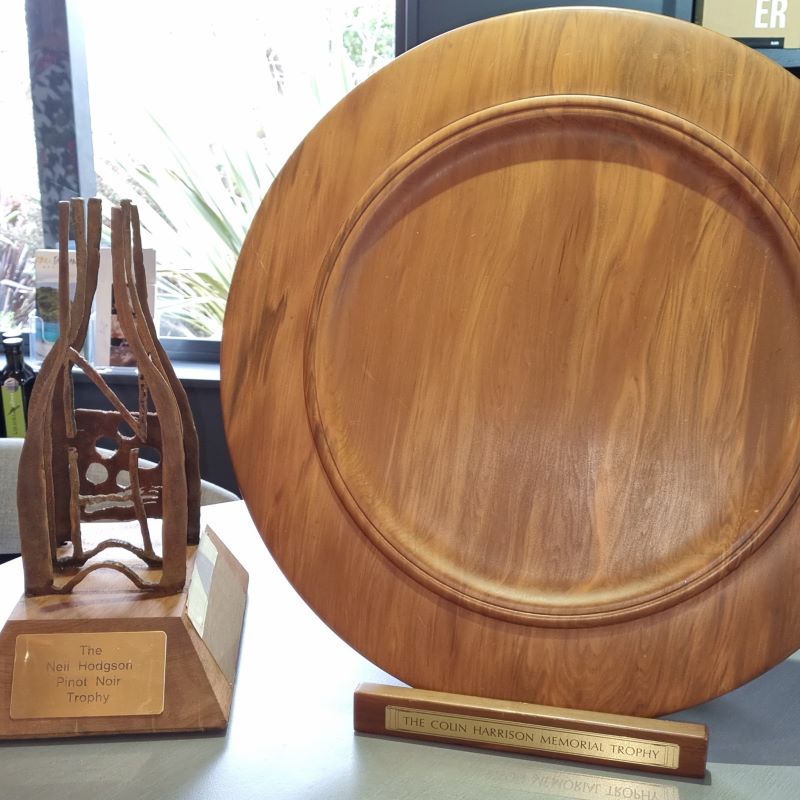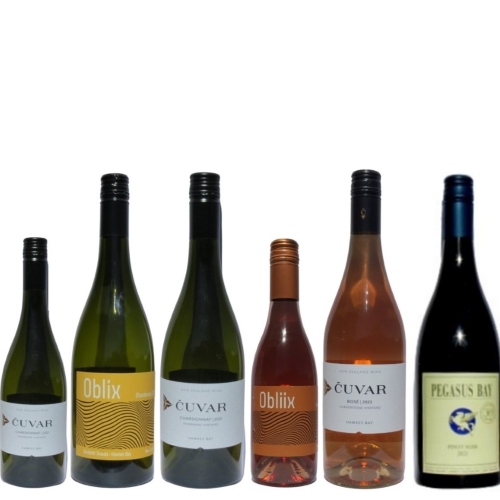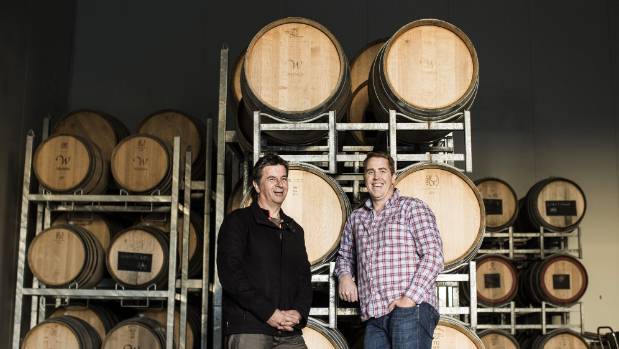
Waimea Estates & Booster
Published in the Nelson Mail 04.07.18
One of the things that makes the Nelson wine region special is the fact every winery in the region is family owned and operated, except for Waimea Estates that the Bolitho family sold to Booster Tahi in late 2017.
In other regions, but especially Marlborough, there is a huge amount of corporate ownership where organisations like Constellation Wines, the world’s largest wine company, dominate the large scale wine production facilities.
Of course there are many smaller wineries in Marlborough but as the price of established vineyards in prime situations reaches well over $300,000 per hectare, and many of the families involved in the early establishment of the region are considering their future, there aren’t many individuals who can afford to buy significant sized vineyards.
That in turn means the future ownership of vineyards, wineries and wine labels is going to move more and more into the hands of corporate investors; that is where I like the approach Booster has taken in their acquisition of Waimea Estates.
Booster is a New Zealand investment company with about $2.7bn of New Zealanders funds under its management, including KiwiSaver funds, and they set up Booster Tahi as a stand-alone company to invest in New Zealand horticulture businesses as a way of adding value to New Zealand’s productive sector and investing in the future of New Zealand.
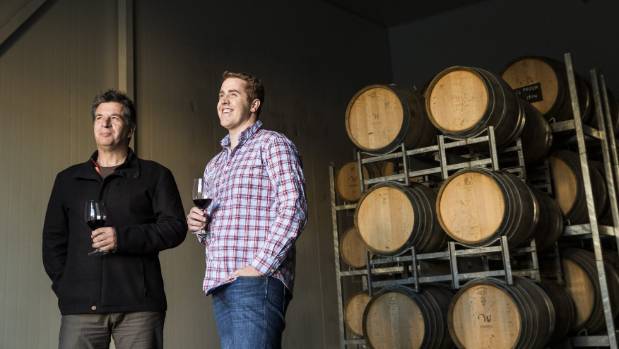
Waimea Estates General Manager Blair Gibbs says Waimea Estates and Awatere River Wines were the first move into horticultural products for Booster so they set up a stand-alone company that has a clear focus on productive businesses rather than just being part of an investment portfolio, “this is about adding value to New Zealand owned businesses and keeping them in New Zealand ownership, any earnings stay in New Zealand rather than being paid to overseas based parent companies.”
Head winemaker Hamish Kempthorne is excited about the future offered by Booster, “It is great for wine industry, it really is a watershed moment to have long-term players in the market.
“Many family owned wineries are looking to the future and deciding whether they hang on to their business, pass it on to the next generation or sell it, so to have a New Zealand investment company back Nelson as a wine region really is quite significant, they found value and potential in the wine industry in here.”
Gibbs says the Booster Tahi business also includes investment in an avocado orchard and they are looking at kiwifruit, apples and hops, as well as adding further vineyard investments to the portfolio.
“It will allow us to fully integrate domestic and export market access for all the industries they have an involvement in and will not only have positive outcomes in terms of retaining ownership in New Zealand but also more cohesion in marketing New Zealand products overseas as well as making the most of growth potential and the better use of equipment that is capital intensive.
“The thing with all wineries is you end up with an incredibly expensive asset you need to get a return on so during vintage de-juicing fruit and making wine for others is good for cashflow, it means we have a facility that does more than just one thing. The Bolitho family were already doing this so it added to the attraction of the business from an investment point-of-view”
According to Kempthorne, for the new ownership, the key values are still “to be authentic, for the wines to have a sense of place and to produce high quality grapes that let us make very good wines.
“Booster want to enhance the offering from both Waimea and Awatere Valley and as owners they are open to us telling them how we are going to achieve it, they’re not behaving like corporate, profit-focussed owners, they are much more interested in long-term sustainability in business terms.”
I think this reflects an attitude very similar to family owned businesses, Booster appear to be looking to add capital to New Zealand businesses and to allow them to grow in ways that suits each sector under the Booster Tahi umbrella.
You could compare Booster Tahi to Villa Maria, New Zealand’s largest family owned wine business; they are both significant New Zealand businesses adding value to New Zealand produce and keeping the profits in Kiwi hands, that has to be a good thing.
The Waimea Estates operation includes 150 Ha of their own vineyards and a similar size vineyard area in the Awatere with the two wineries expanding tank capacity, to 3.2 million litres in Nelson this year while the Awatere facility was expanded to 2.5 million litres last year.
Gibbs says having an investor like Booster, an investor new to the industry that is both dynamic and able to move quickly, means many of the shackles for future growth and innovation have either been removed are aren’t put in place, “Booster Tahi, as a highly focused business unit, is able to make decisions quickly without having to refer to overseas owners and they also don’t have the same capital constraints many family owned business have.”
Gibbs may not agree with me but I see him having a significant influence of the future direction of the Booster Tahi wine investments, he brings a very strong background in retail management and 20 years of wine company management to the business unit, as well as being GM at Waimea he is also the Group Marketing Manager.
Born in Scotland head winemaker Kempthorne says he studied music as a classical cellist before turning his creative influences to winemaking; having since spent ten years in wine companies across Waipara and Australia before seven years working in Marlborough he brings plenty of experience to the role at Waimea Estates where he is heading into his third vintage.
When it comes to winemaking plans he says “more of the same, build on what has been created by those before us and showcase the region for it varietal diversity, particularly Gruner Veltliner and Albarino that I think develop great flavours in our vineyards.
“Stylistically we are moving to 500 litre puncheons for Chardonnay and Pinot Noir production because I think the softer oak influence from larger barrels suits fruit from the alluvial river fed gravels the vineyards on the Waimea Plains are planted on.”
When it comes to flavour profiles Kempthorne says other regions are producing Sauvignon Blanc of international quality and ten years ago each producer was looking to create show pony wines, wines with the most concentration, pungency, and impact on the world stage – “now we need to produce site specific wines that are unique to the place – we want Waimea and Awatere wines to say try me not look at me.”
A Central Otago winery is also being added to the Booster Tahi portfolio as the asset rich New Zealand investment company continues to invest Kiwi’s savings in Kiwi businesses to secure the future of Kiwi production and ownership, something I would love to see more of.
